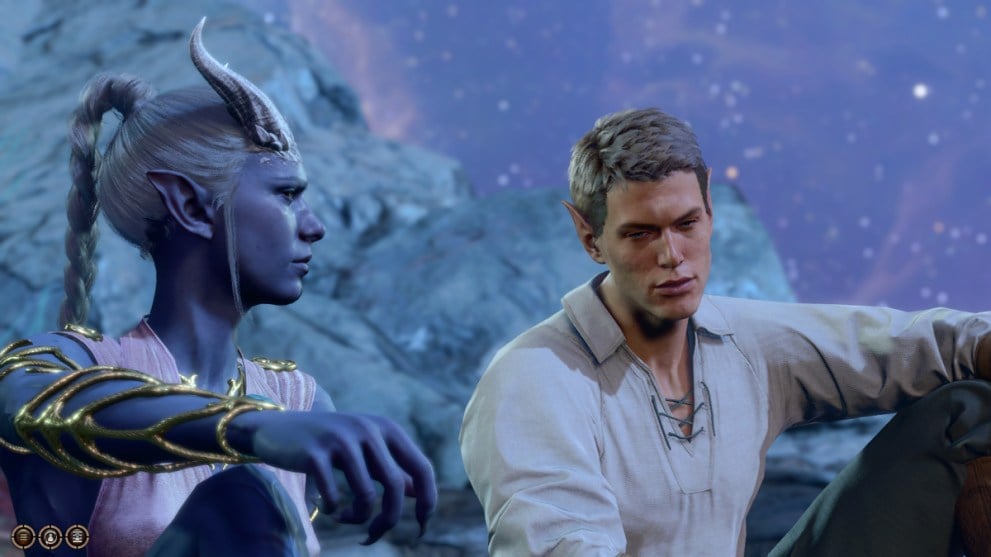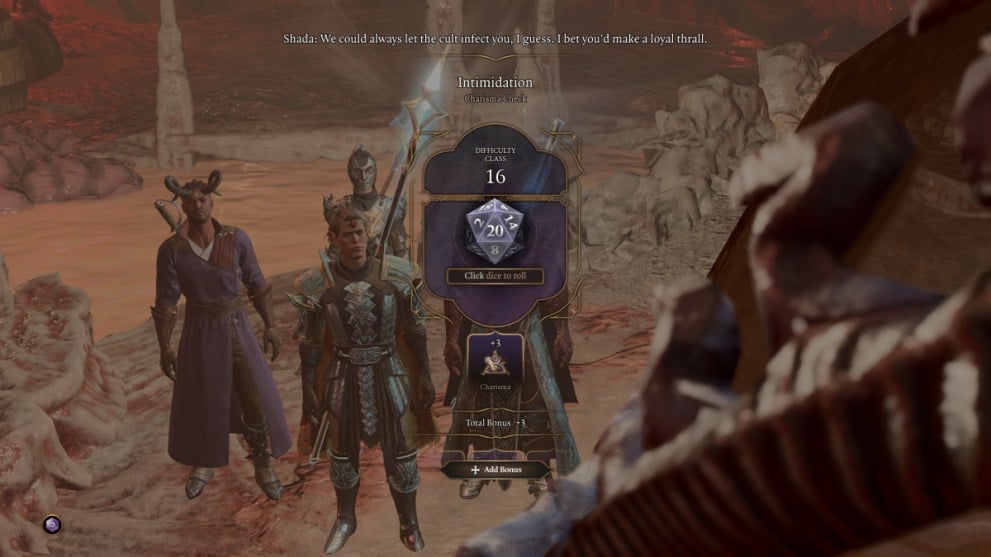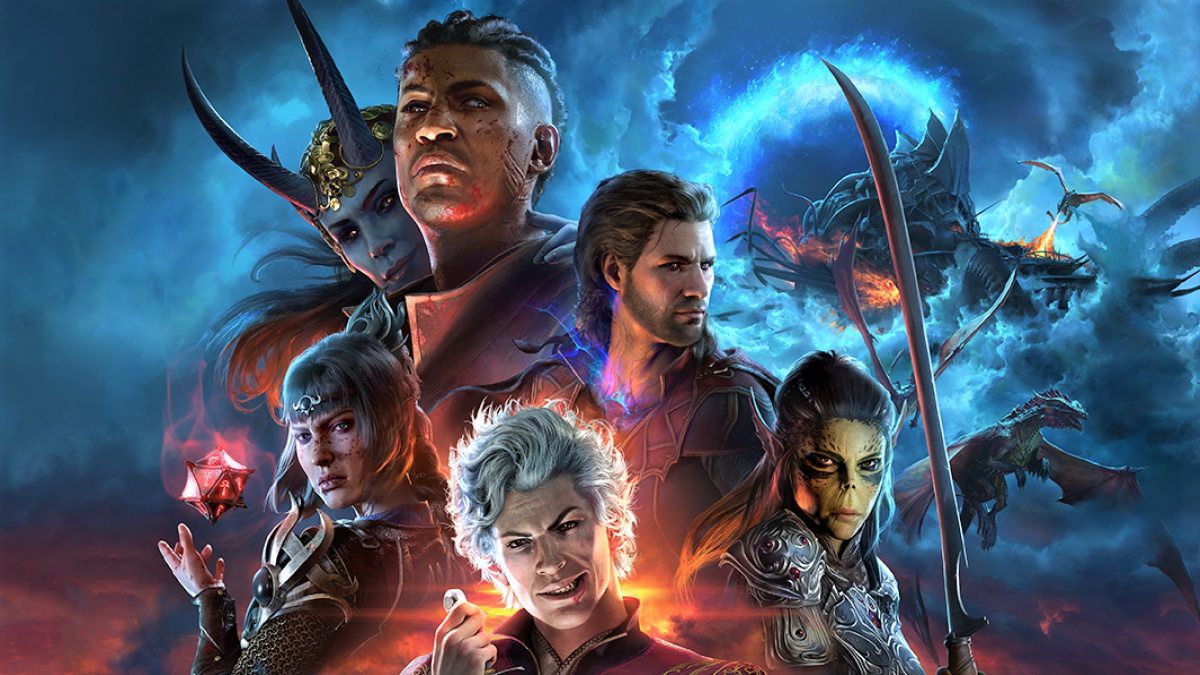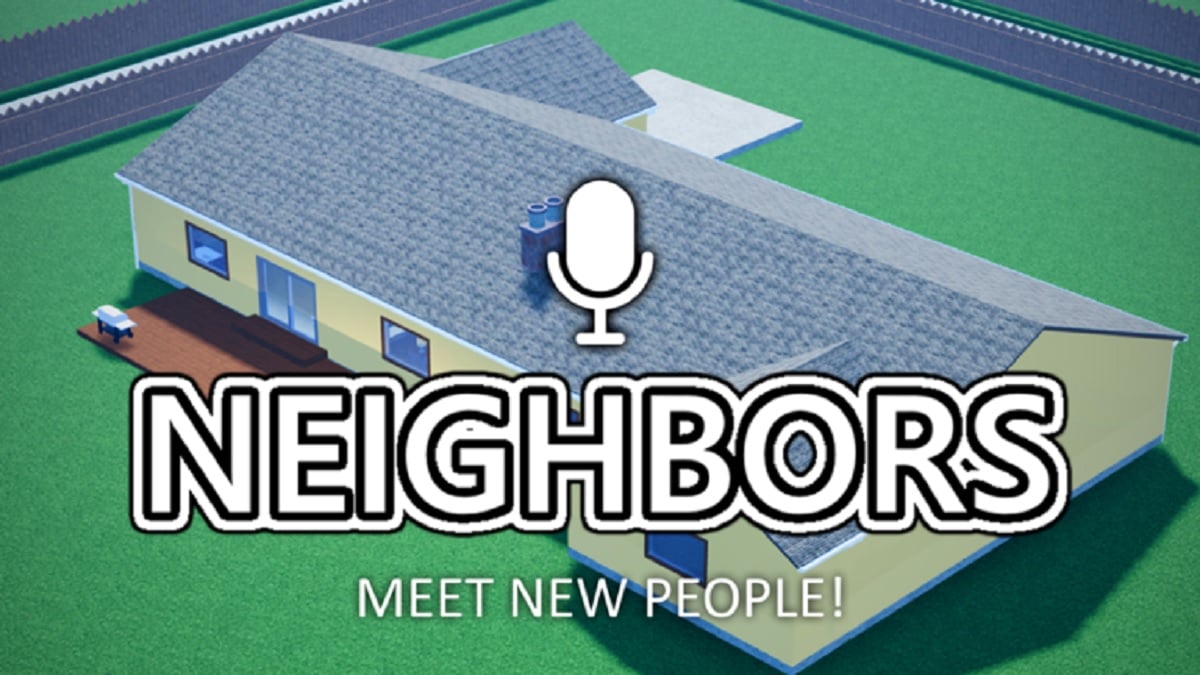Baldur’s Gate 3 on PC
By the time I finished my playthrough of Baldur’s Gate 3, an insane sequence of events had taken place.
Characters both minor and integral to the plot had died in a variety of ways. Entire landscapes had been altered by my choices, and different factions of characters viewed me with both admiration and disdain after grueling battles. Some quests had been finished with the best outcomes possible, while others had ended without me ever realizing they needed my attention in the first place.
It was an epic adventure to undertake, with highs and lows in equal measure. And to make it even more impressive, I’d only scratched the surface of what it had to offer. This is because Baldur’s Gate 3 is more than just an RPG – it’s the potential RPGs have as a genre made manifest, packed into one of the best choice-driven games I’ve played in recent memory.

This isn’t something the game holds close to its chest either. It’s rather quickly established that the player character has been captured by Mind Flayers and infected with an Illithid Parasite. After gestating, it will transform them into one of the malevolent beings and they’ll then have no choice but to cooperate with them in their plans for world domination.
And yet, they fail to transform after ample time has passed. Instead, they find themselves able to communicate telepathically with others in a similar boat, as well as a Guardian who seeks their aid in taking down a new god known as The Absolute. Doing so may well lead to a cure for their unwanted cerebral companion, and will save the wider world in the process.
But the choice is up to the player in how they solve this problem, usually through dialogue and combat. The player can readily join up with their fellow infectees; or, they can attack them in fear and misunderstanding. They can trust and follow the guardian keeping them safe, or they can view them with disdain and eventually try to eliminate them.
Heck, they could even ignore all of these options. Instead, they can focus on exploring the world as if their parasitic companion isn’t a problem at all, teaming up with friends via multiplayer to wreak havoc across the land as they see fit.
The game responds in kind to their choices too, with the story twisting and molding itself around how one chooses to approach it. This moves it forward in different ways based on the choices that are made both big and small. Granted, players still generally wind up heading in the same direction, but it’s enough to make the experience feel unique from playthrough to playthrough.

Adding to this is how the player character impacts their experience. Baldur’s Gate 3 players can choose to play as either one of several pre-made characters or a custom-made character they create themselves. These characters come with or can be given different Ability attributes and a Class with different skills and attributes a la the mechanics found in Dungeons and Dragons.
One character might be built as a straight Rogue, and will have an easier time getting through the game via stealth and deception. A player who builds themselves as a Bard, meanwhile, can find solutions that involve talking through problems or persuading other characters into less dangerous outcomes to problems.
This might sound identical to most other RPGs out there, but believe me when I say that Baldur’s Gate 3 goes so much further than its contemporaries. The abilities one chooses to prioritize can drastically alter the options available to them, to the point that a problem can be encountered and solved in radically different ways.
In one instance, I got through the entirety of a major conflict with minimal bloodshed because my character manipulated the enemy leader with a spell and persuasion. Most praised my peaceful resolution, and I had access to far more resources moving forward thanks to this. Afterward, I went back and tried fighting my way through the problem instead; and was met with radically different outcomes to smaller character interactions and the bigger conflict as a whole.

This in turn plays into the RNG mechanics offered through the game’s dice rolls. During battles, conversations, and exploration, players are subject to constant checks against their Abilities that determine what happens next. Having high Ability scores can offset low rolls and ensure better outcomes, but the game remains dictated by luck to an exceptional degree; so much so that entire segments of dialogue and story can be blocked off if one’s rolls are bad enough.
While this definitely leads to plenty of situations that can feel unfair or inescapably bad, it also makes the high points feel all the more triumphant. Despite the odds, and despite disadvantages brought on by lower skill scores, one can still end up emerging victorious and pave their way toward a happy ending.
Even if the dice rolls proved horrible, Baldur’s Gate 3 offered ways to work around these flaws with the absurd number of ways the world can be interacted with. Just about any creative solution players could think of for problems is applicable in the game, and can lead to unexpected solutions to problems.
Got a party member in dire need of healing, but they failed a dice roll? Use an action to lob a potion at their face that still heals them. Failed to access a device due to a Nat 1? Switch characters and tamper with the device again, and repeat the process with every party member if necessary.
It’s surprisingly fun, and lends the game the same sense of imaginative design one would find in a DnD session with some close friends. The only limits to solving a problem are what one can think up, and chances are an inventive solution will lead to an outcome the more sensible choices never would have led to.

And then, there’s the game’s presentation. Graphically, it’s impressive whether one is actively exploring the world or locked into a dialogue exchange or cutscene. The cast of characters and their surroundings are displayed with an impressive amount of detail, and the game very rarely isn’t able to load in every texture before the player is actively moving through an area.
This remained true even on hardware that was considered below the minimum requirements, and the visuals held strong even after hundreds of hours of play.
As for the sound design, it’s more than up to snuff. The soundtrack is filled with memorable tracks ranging from the choir tune heard while on the title’s main menu to the climactic and bombastic orchestral arrangement made for the final boss. It can perfectly accompany hours of adventuring across the game’s world, but is also just as powerful if the player chooses to leave it playing in the background sans any engagement with the game.
The voice work, meanwhile, is a cut above. It’s hard to think of a single performance that doesn’t measure up, and every character’s line deliveries feel painstakingly crafted from start to finish. As a result, it’s insanely easy to be drawn into each and every story these performances lend themselves to, making even the most throw-away interaction feel just as important as a major revelation in the main story.
I could go on, but the fact remains that Baldur’s Gate 3 is a new benchmark for what RPGs can be. Its wealth of variety in how its story can unfold, and the insane amount of options for how players can approach different combat and exploration scenarios, make it a must play for just about anyone. It wouldn’t be a stretch to say this is the kind of game we’ll still be talking about 10 years from now, and it more than earns this feat.
- Exceptional amount of player choice
- Wealth of story variations based on player choice
- Top-notch visuals and soundtrack
- Voice work brings the adventure to life
- RNG mechanics can lock players out of worthwhile content
- Minor bugs and glitches
- Sheer size of the game and its mechanics can be intimidating













Updated: Aug 17, 2023 12:34 am